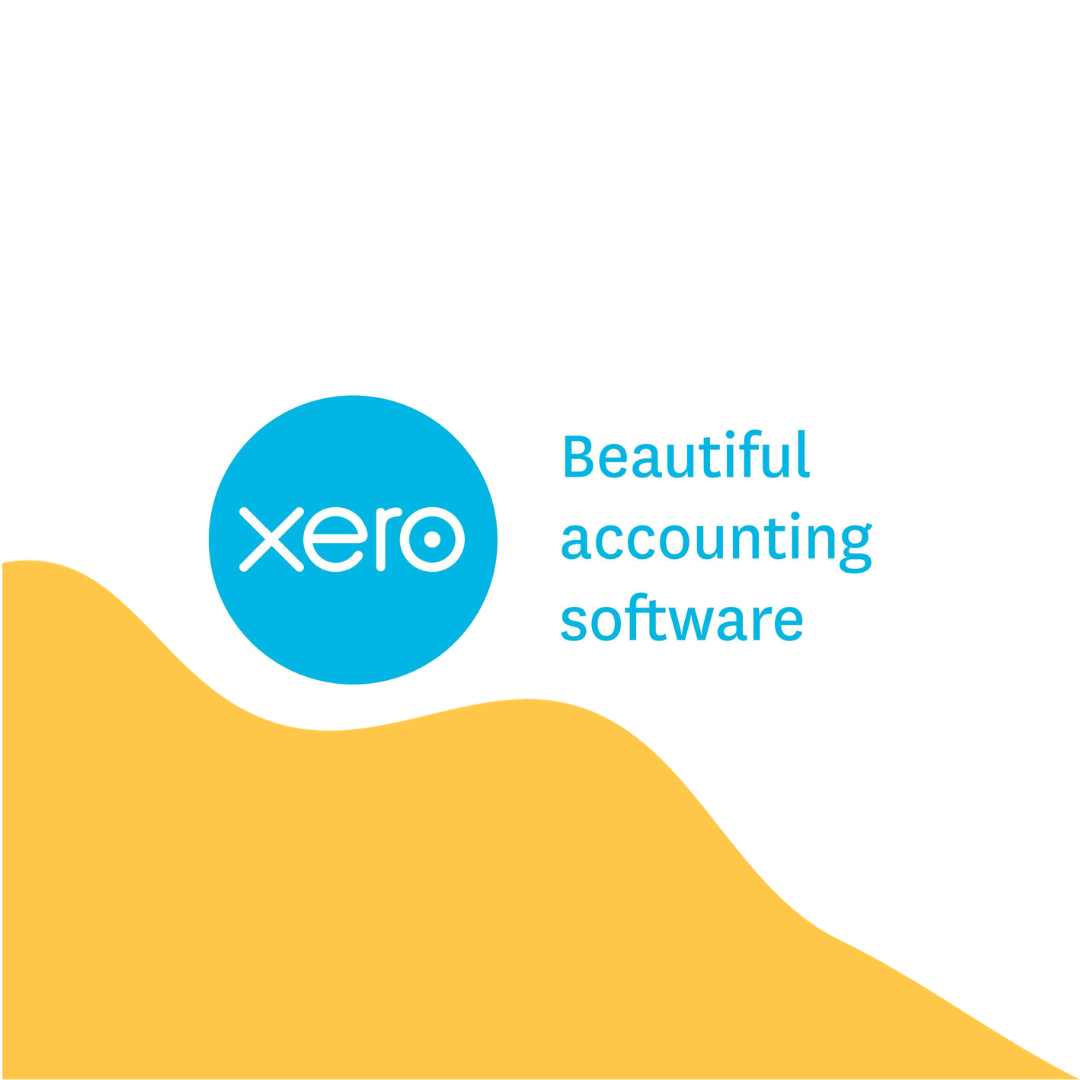Cycle to Work Schemes: Pedal Your Way to Tax-Free Benefits
Let's talk bikes, taxes, and how to get those two to play nice. In their infinite wisdom, HMRC has decided that encouraging cycling to work is a good idea. So, they've cooked up this tax exemption for employer-provided cycles. It's their way of saying, "We like it when you don't clog up the roads with cars, and hey, a bit of exercise never hurt anyone."
The Rules of the Road
To keep everything above board and avoid any tax implications, here's what needs to happen:
Ownership Stays Put: The bike or safety equipment remains the company's property. It's like borrowing your parents' car – you get to use it, but it's still theirs at the end of the day.
Mainly for Work: The bike should mostly be used for commuting or work-related travel. Weekend joyrides are fine, but don't make them the main event.
Available to All: The company needs to offer this benefit to any employee who wants it. No favouritism allowed! It's like a bike buffet; everyone gets a plate (or handlebars, as the case may be).
Salary Sacrifice: The Magic Trick
Now, here's where it gets interesting. Many companies use a "salary sacrifice" scheme, which is a fancy way of saying you give up a bit of your salary in exchange for the bike. You then hire the bike (either from your company or a third party) using the money you sacrificed.
The Tax Break:
No Tax on the Bike: As long as you follow the rules above, the bike itself isn't taxed as a benefit.
Less Tax on Your Salary: Because you're giving up some salary, you pay less income tax and National Insurance. Your employer also saves on their National Insurance contributions. It's a win-win!
End of the Road: What Happens to the Bike?
After the typical three-year scheme, you have options:
Keep on Riding: Extend the hire agreement.
Say Goodbye: Return the bike and equipment.
Make it Yours: Buy the bike.
Options 1 and 2 are tax-free. But if you buy the bike, it gets a bit trickier.
Fair Price, No Tax: If you pay at least the bike's market value, no tax is due.
Bargain Hunter Tax: If you pay less than market value, the difference is considered a taxable benefit.
HMRC knows it's hard to value a used bike, so they've got a handy table to simplify things.
Example: Your 3-year-old bike originally cost £300. If you pay at least £24 for it (8% of the original price), you're in the clear. Any less, and you'll owe some tax on the difference.
In Summary
The Cycle to Work scheme is a great way to get a new bike, save on taxes, and maybe even improve your fitness (bonus!). Just remember to follow the rules, and you'll be cruising along tax-free.
Disclaimer: Tax rules are complex and can change. This is a simplified guide, so it's always a good idea to check with an expert if you have specific questions. Happy cycling!



